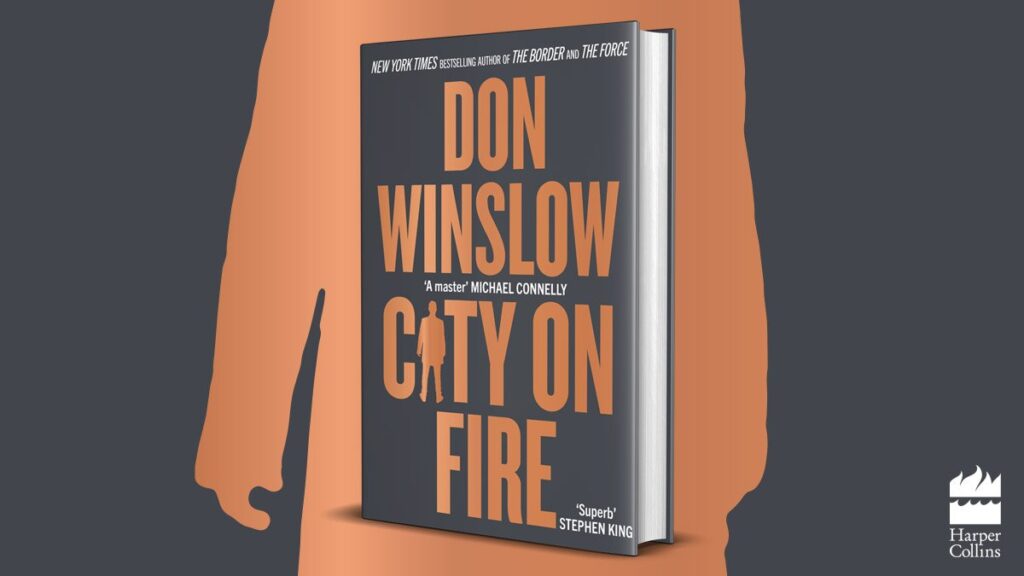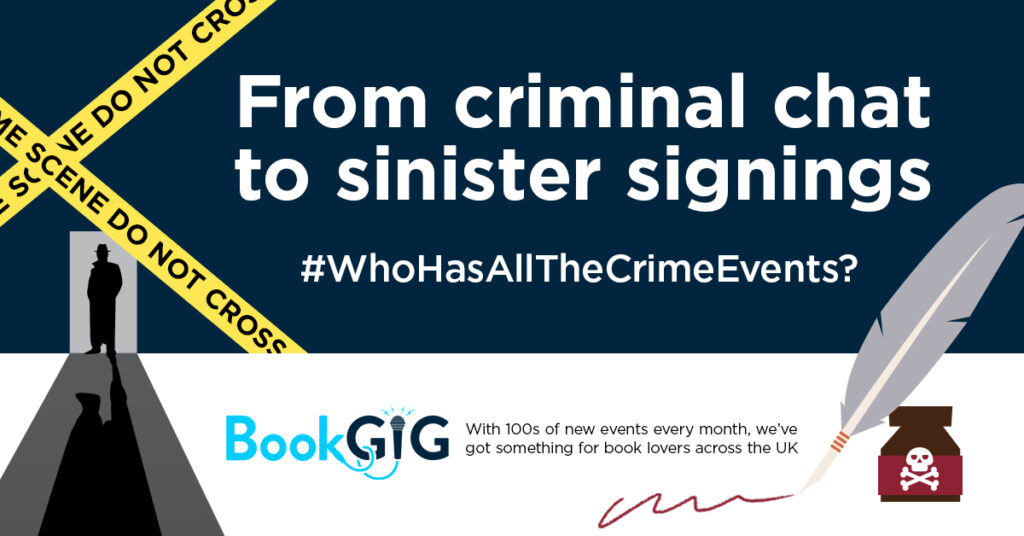We’re delighted to welcome Luca Veste to the blog today, to talk about the setting of his debut novel, Dead Gone. This tense, unpredictable crime novel – which is out today in eBook – will not only have you gripped, but will chill you to the bone!

When I started writing what would eventually become ‘Dead Gone’, there was only really one city I considered setting it within.
Liverpool.
It’s a city I know well, having spent the majority of my childhood and young adult years there. My dad is originally from Toxteth (sadly most notably known for the riots of 1981) and my mum is from Speke, where the airport is (quick tip – don’t call it the John Lennon Airport around those parts…it’s Speke Airport!). As an adult, I lived on Scotland (or Scottie) Road, and in Norris Green (a much maligned and largely forgotten housing estate, which was in equal parts a scary and heart-warming place to live). Then, I married and ended up living on the Wirral. A short journey from Liverpool city centre, but vastly different from Liverpool proper. Almost nine years later and I still haven’t convinced her that we should move back to the city. I won’t give up easily.
For me, Liverpool is a city of endless paradoxes. You can spend ten minutes on one road and drive through a run-down housing estate, a new business complex of glass fronted buildings, and then end up in a leafy suburb of detached houses, all with guide prices of over a quarter of a million quid. The haves and the have-nots living side by side.
Not much has changed in that regard since the eighteenth century, when the shipping merchants, making dirty money from the slave trade built glorious mansions to live in, whilst the dock workers lived in squalor only minutes away. Things got worse during the nineteenth century, an influx of Irish and those from even further afield coming into the city and finding the streets paved with broken dreams and disease. Liverpool goes through ups and downs more often than most cities. Just as we built a base on the docks all those years ago (for a long period during the 1700s and 1800s, Liverpool had the largest number of millionaires outside London living within its limits), then suddenly find ourselves on the wrong side of the country when trade with Europe becomes de rigueur. Our famous football teams seem to take the same tack as well. The Liverpool and Everton teams of the eighties conquered all before them domestically (and the red half in Europe as well) before being left behind when the Premier League came into existence. Limited successes since then mirror the city itself.
Things are changing. I’ve noticed it most remarkably since Liverpool won the Capital of Culture bid in the early part of the 2000s. Fortunes seemed to change. New buildings were being built daily. Our skyline is in a constant state of flux, changing before our eyes. New regeneration projects springing up all around the city, reimagining the old housing estates and bringing hope, transformation, and finally, some double glazing.
There are four universities in the city, bringing in students from all over the country. Our dock history means we’ve always had a very mixed culture, but walking through the city centre (or ‘town’ as we call it) can bring that mix to the fore. You can listen for a long while to other people without hearing the famous scouse accent. The concrete paradise of Liverpool One shopping centre is a joy to behold for those with money to burn. Our finance and shipping companies work from the same old buildings, only with glossy new computers instead of whatever they used over 150 years ago (abacuses? I don’t know…I’m not a historian).
Writing Dead Gone was my attempt at showing a different side to the city. When you have the likes of local authors Kevin Sampson or Ed Chatterton cornering the market in those most often associated with crime in the city (the drugs trade and gang related activities) and doing sterling work, I wanted to do something different.
What Liverpool doesn’t have is serial killers. You have to go back almost 100 years to find our last one. It’s not something our police service has to investigate very often! So, the time seemed apt to bring something new to the city. Using a fictional version of one of our universities as a predominant setting allowed me to bring in the psychology element which is at the forefront of the novel.
When people ask me where I’m from, I inevitably say Liverpool, which always feels like somewhat of a small lie given I don’t live there anymore. I spend most days there, but when my head hits the pillow at night, a famous old river separates me from the city.
My heart is there always though. And one day, someday soon I hope, my wife will finally relent and I’ll be back there.
I don’t think it’ll be in Norris Green though…


